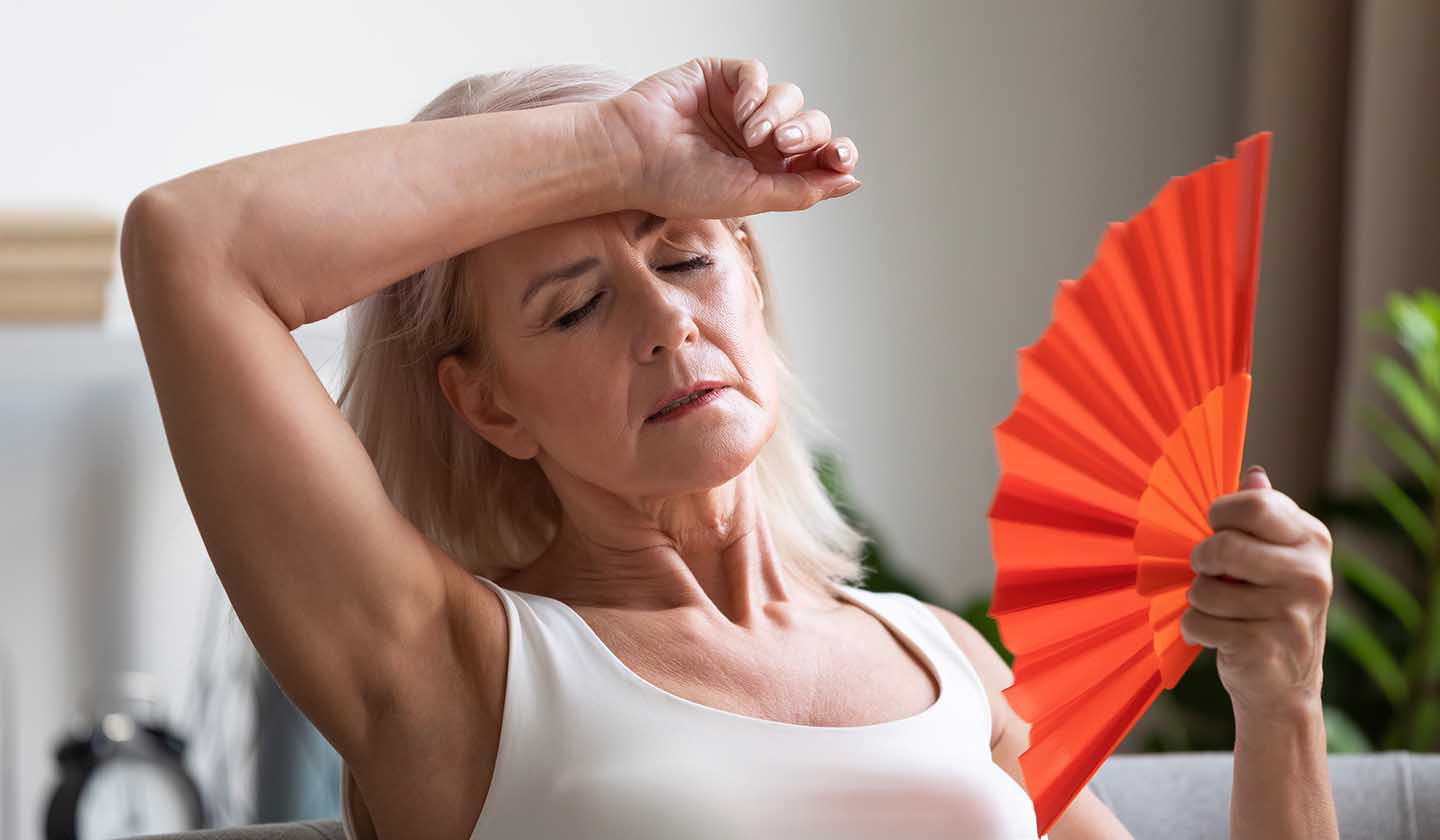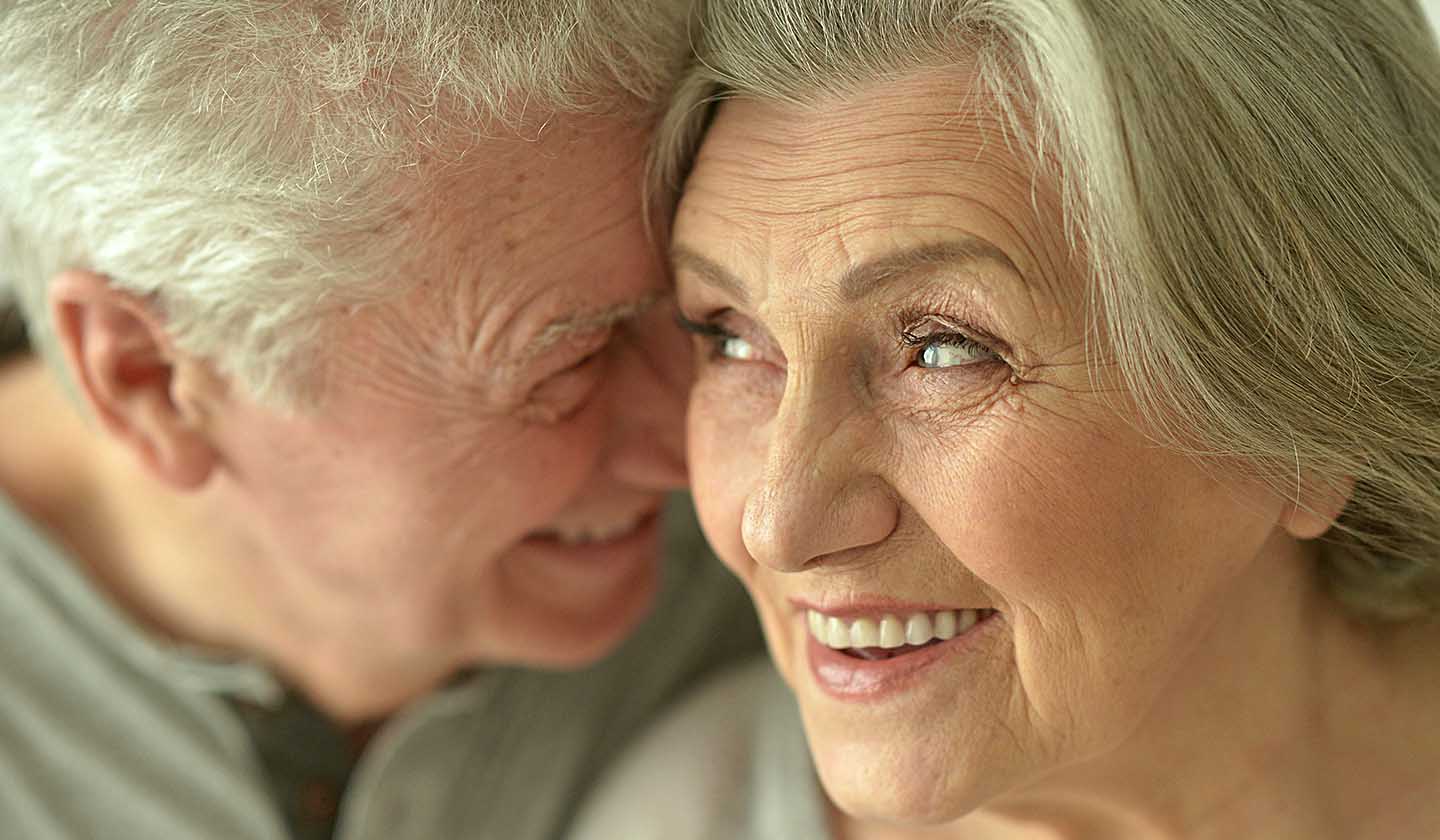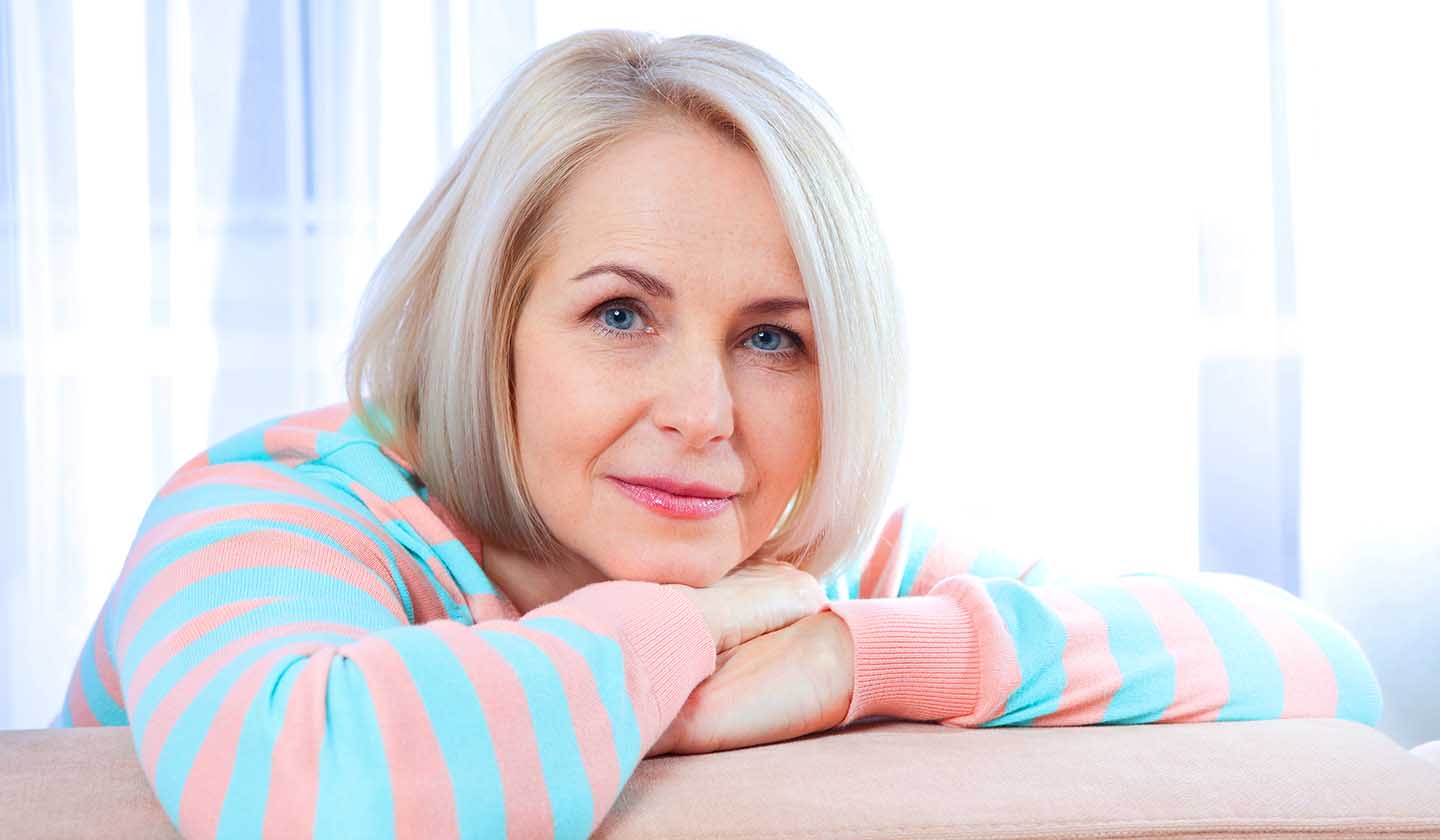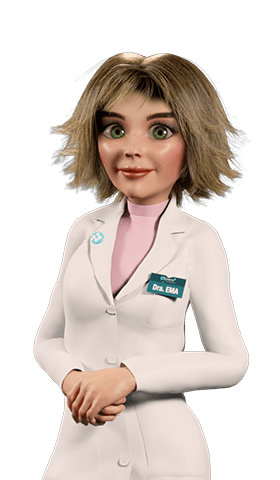Gynecology
A new and wonderful stage for the woman who takes care of herself

Menopause is a natural biological process of aging, where women stop having periods; it usually occurs between 45 and 55 years of age.
After 12 months without menstruation, a woman is considered to have entered menopause. It occurs when the ovaries stop producing hormones in normal amounts, namely oestrogens, causing the ovaries to stop ovulating.

The period before menopause is called perimenopause, which can last on average 4 years.
It can happen in women around 40 years old and the following characteristic symptoms may appear:
- Menstrual irregularity
- Irritability and mood swings
- Hot flashes - sudden sensation of heat and night sweats
- Vaginal dryness
- Decreased sexual desire
- Weight gain
- Changes in the skin - dryness, sagging
- Loss of hair
- Insomnia
- Depression
After menopause, there is an increased risk of certain diseases or complications.
- Osteoporosis - with menopause there is a loss of bone density due to low levels of oestrogens, where bones become more fragile and the risk of fracture increases.
- Cardiovascular disease - due to the decrease in oestrogens, which play a protective role in the structure of blood vessels and maintain normal blood pressure levels.
- Urinary incontinence - the tissues of the vagina and urethra lose elasticity, which can lead to the involuntary loss of urine.
- Urinary infections - also due to the tissues being less elastic.
- Sexual dysfunction - vaginal dryness due to decreased lubrication and loss of elasticity can cause discomfort in the sexual act, as well as the loss of libido, which can lead to a loss of interest in sexual intercourse.
- Weight gain - during menopause, the metabolism slows down.

Treat problems that appear with menopause
- To reduce hot flashes - use food supplements based on soy isoflavones, which are similar to human oestrogens in terms of structure and effects.
- To reduce vaginal discomfort - use vaginal lubricants or moisturizers. These products relieve the symptoms of dryness, lack of lubrication and pain during sexual intercourse. Staying sexually active is also important as it helps to increase blood flow in the vaginal area.
- To strengthen pelvic floor muscles - Kegel exercises, improve urinary incontinence problems.
- Quit smoking - tobacco increases the risk of coronary heart disease, stroke, and osteoporosis. Hot flashes can also worsen.
- To practice exercise regularly - helps protect against cardiovascular disease and maintain weight.
- To eat a balanced diet, avoiding foods that increase your weight, such as carbohydrates, processed foods, as well as those that can trigger hot flashes, such as caffeine and very spicy foods.

Useful advice to relieve hot flashes
- When bathing, avoid hot water
- Drink cool beverages
- Decrease alcohol consumption
- Wear several layers of clothing, this way you will be able to remove clothing items when you are experiencing a hot flash.
When these measures are not enough and hot flashes affect your quality of life, talk to your doctor, and decide if it is necessary to start a hormone replacement therapy.
Sources
iSaúde
Farmácia Distribuição Magazine
Também lhe poderá interessar
Urinary tract






